
How to Comply with the FDA’s NDI Notification Process
Learn how to meet FDA’s new dietary ingredient notification requirements for dietary supplements with new educational tools.
... Read more
Keeping on top of new regulations and standards for cosmetics in Canada is important for companies and consumers alike. To ensure safe and high-quality products, it’s essential to understand the Health Canada Cosmetics Act, labeling requirements, and any updated rules about ingredients.
Our Cosmetic Regulatory Experts can help to ensure your product ingredients follow INCI format and your labels meet the requirements and scope of a cosmetic as per the Cosmetic Regulations. Our French translator can help to make sure your label is bilingual, and includes both English and French text.
In Canada, the Cosmetic Regulations are very important and you must comply with them in order for your business to succeed. The cosmetic market value is anticipated to generate an average of 1.82 billion U.S. dollars of revenue each year by 2026, which would be an increase of 57% within the next 4 years.
The following are the requirements for registration of a cosmetic product in Canada: Compliance with the Cosmetic Regulatorions and FDA regulations.
The cosmetic must comply with all applicable standards in the Food and Drugs Act, Natural Health Products Regulations, and Cosmetic Regulations.
The label of the product must have instructions for use. These instructions include directions for safe handling, warnings against unsafe practices, storage conditions, and disposal methods.
Product ingredients should be listed on its label along with their function within the formulation of your product; this will allow you to identify any allergens or sensitizing agents that could cause harm to consumers using your product
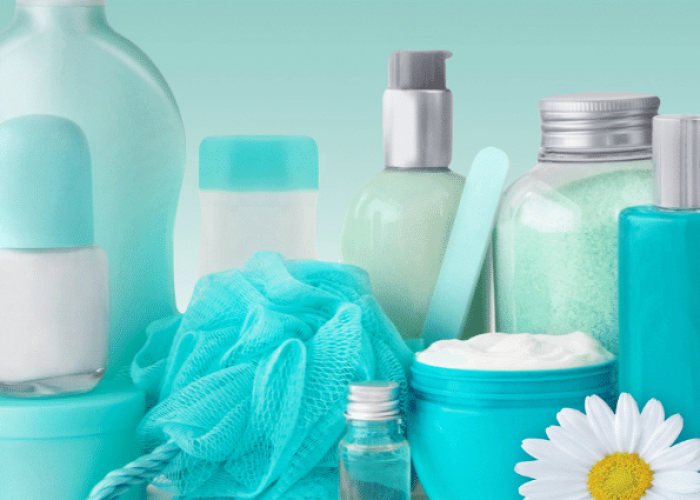
All cosmetic products marketed in Canada must be made, packed, and kept under hygienic conditions, according to Health Canada’s Cosmetic Regulations. Regulatory agencies are always on the lookout for misbranded or contaminated goods, as well as unsuitable product packaging. Before marketing their cosmetic items, manufacturers or importers must do a safety evaluation. Businesses must inform Health Canada that they are selling cosmetics and give a list of the product’s contents. To learn more about our cosmetic regulatory services click here:

Products must adhere to cosmetic labelling regulations i.e. Food and Drugs Act and Cosmetic Regulations in Canada.
Legal or regulatory tasks include product safety evaluation. To guarantee that only safe items reach customers, manufacturers, importers, distributors, and others should undertake a safety assessment on their products.
If Health Canada discovers information indicating that a cosmetic product is adulterated or misbranded, it can issue a non-compliance notice indicating the issues that need to be corrected.
Product identification in English (and French in Canada), net amount declaration in metric units, and the identity and location of business of the dealer are all required to appear on the label of a pre-packaged cosmetic.
Quality Smart Solutions is committed to helping cosmetic companies comply with cosmetic regulations in Canada. We will assist you with cosmetics registration, ingredient review, cosmetic notification, French translation and cosmetic packaging/labeling compliance.
Cosmetic Notifications: Our Canadian Cosmetic Regulatory experts can help review your cosmetic ingredients. Then they ensure the product does not contain any ingredients on the ‘Ingredient Hotlist’ (substances that may be prohibited or restricted in cosmetics). Once the review is done, we will assist you in preparing and submitting your cosmetic notification application to Health Canada.
Cosmetic Label Compliance & French Translation: We make sure all your product ingredients follow the International Nomenclature of Cosmetic Ingredients (INCI) format and your label meets the requirements and scope of a cosmetic. We also have french translators with 25+ years of experience who ensure your label is bilingual and includes both English and French text.

Proven Expertise. Companies who have Trusted Us to Meet the Canadian Cosmetic Regulations and USA Cosmetic Products Regulations
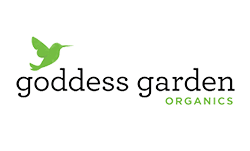
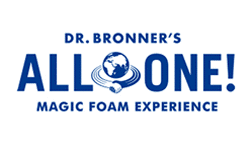
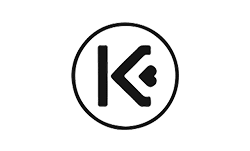

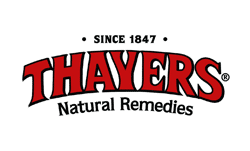
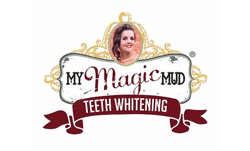
I have been working with Andrew and his team at QSS for a couple of years now. I have clients from many different parts of the world and each situation requires expertise and focus, which I’m getting from QSS. I highly recommend Andrew and QSS to any perspective client who wants to “get it right” regarding Canadian and cross border compliance.
Under the Food and Drugs Act, a cosmetic includes “any substance or mixture of substances, manufactured, sold or represented for use in cleansing, improving or altering the complexion, skin, hair or teeth and includes deodorants and perfumes.”
Manufacturers and importers must notify Health Canada within 10 days after they first sell a cosmetic in Canada. Therefore, a Cosmetic Notification must be submitted to notify Health Canada of your cosmetic product. There is currently no fee associated with the cosmetic notification process.
Cosmetic products can include: soaps, manicure products, adhesives for use on the body, moisturizers, tattoo inks, makeup products, tooth whiteners and cleansing wipes. Non-cosmetic products would be things such as: sunscreens, acne treatments, skin whiteners/lighteners, hand sanitizers, collagen/botox injections, insect repellants, oral supplements and contact lenses.
Cosmetic claims must be non-therapeutic in nature (e.g. moisturizing, cleansing, beautifying, etc.) and they do not require prior authorization by the regulator. Therapeutic claims (e.g. modify body functions, prevent or treat disease) are only allowed on drugs or natural health products, not on cosmetic products.
The Cosmetic Ingredient Hotlist (Hotlist) is an administrative tool that Health Canada uses to communicate to manufacturers and others that certain substances may be prohibited or restricted for use in cosmetics.

Learn how to meet FDA’s new dietary ingredient notification requirements for dietary supplements with new educational tools.
... Read more
Compare pet supplements vs veterinary health products to stay compliant in the U.S. and Canada. Know the rules and get expert help to launch successfully.
... Read more
FDA’s FY 2025 OMUFA fees are due June 22 for OTC drug manufacturers and contract facilities. Learn what this means and how to stay compliant.
... Read more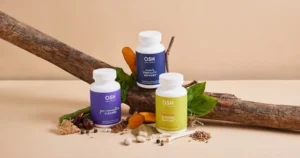
Starting June 9, 2025, Class II NHP submissions will no longer be reviewed just based on the date you filed them. Health Canada is updating how it handles licensing applications by applying a new workload management approach, prioritizing submissions based on intent to sell or manufacture in Canada.
... Read morePlease complete the form below. We will respond to you soon.
Quality Smart Solutions is a global consulting firm, engaged in providing strategic support for products including NHPs, pharmaceuticals, and medical devices, in areas such as Regulatory Support, Site Licensing, Clinical Development and more.
|
|
Thank you for Signing Up |
